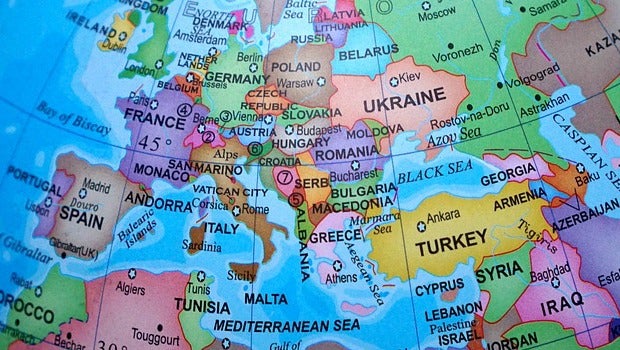This eight-week series invites participants to engage in meaningful discussions on critical foreign policy issues facing the world today. With guidance from volunteer moderators, participants will engage in thoughtful discussions alongside fellow community members.
The 2026 series will meet on Thursdays from 6:00-8:00 pm, beginning January 22 and continuing through March 12. All sessions will be held in person at the Koch Building on the Aspen Meadows campus.
Fee: $285, includes all sessions, refreshments, and reading materials.
Register Here
If you are interested in learning more about the series, please email Ari Mizrahi at [email protected]
2026 Preliminary Topics (subject to change):
January 22: America and the World: Trump 2.0 Foreign Policy
Trump’s return has marked a break from 80 years of U.S. foreign policy leadership, embracing an “America First” approach. This chapter explores the risks of isolation and diminished influence in relation to Trump 2.0 foreign policy.
January 29: Trump Tariffs and the Future of the World Economy
Trump’s aggressive trade and tariff policies have shaken global economic norms. What’s the rationale behind this radical shift in economic policy, and what are the implications for multilateral trade and geopolitics?
February 5: U.S.-China Relations
Relations with China remain tense, with tariffs, military modernization, and pressure on Taiwan. Does Trump have a coherent China policy, and will his tariffs on Rare Earth minerals be effective? What are America’s strategic options?
February 12: Ukraine and the Future of European Security
With reduced U.S. support for NATO and Ukraine, Europe faces strategic uncertainty. The Trump administration has signaled an intention to reduce its security role in Europe. What are America’s stakes in NATO and Europe’s strategic dilemmas, and how might Europe respond?
February 19: Multilateral Institutions & The Future of Human Rights/International Law
Can multilateralism survive amid shifting global power and rising nationalism? This chapter examines the future of global cooperation across trade, health, and finance. As democracy and human rights retreat globally—and the U.S. pulls back—how can civil society and legal norms remain effective in a divided world? What is the role and force of international law in this era of impunity?
February 26: U.S. Engagement of Africa
Africa’s geopolitical role is growing. What lessons can the U.S. learn from China’s presence there, and how might it strengthen ties, especially with leading nations like Nigeria? What tools of statecraft might the U.S. bring to its engagement with Africa?
March 5: The Middle East
Topic developed by moderators based on the most recent events in the region.
March 12: 2026 Series Recap
Topic developed by moderators to provide full recap of the Great Decisions seminar series.


